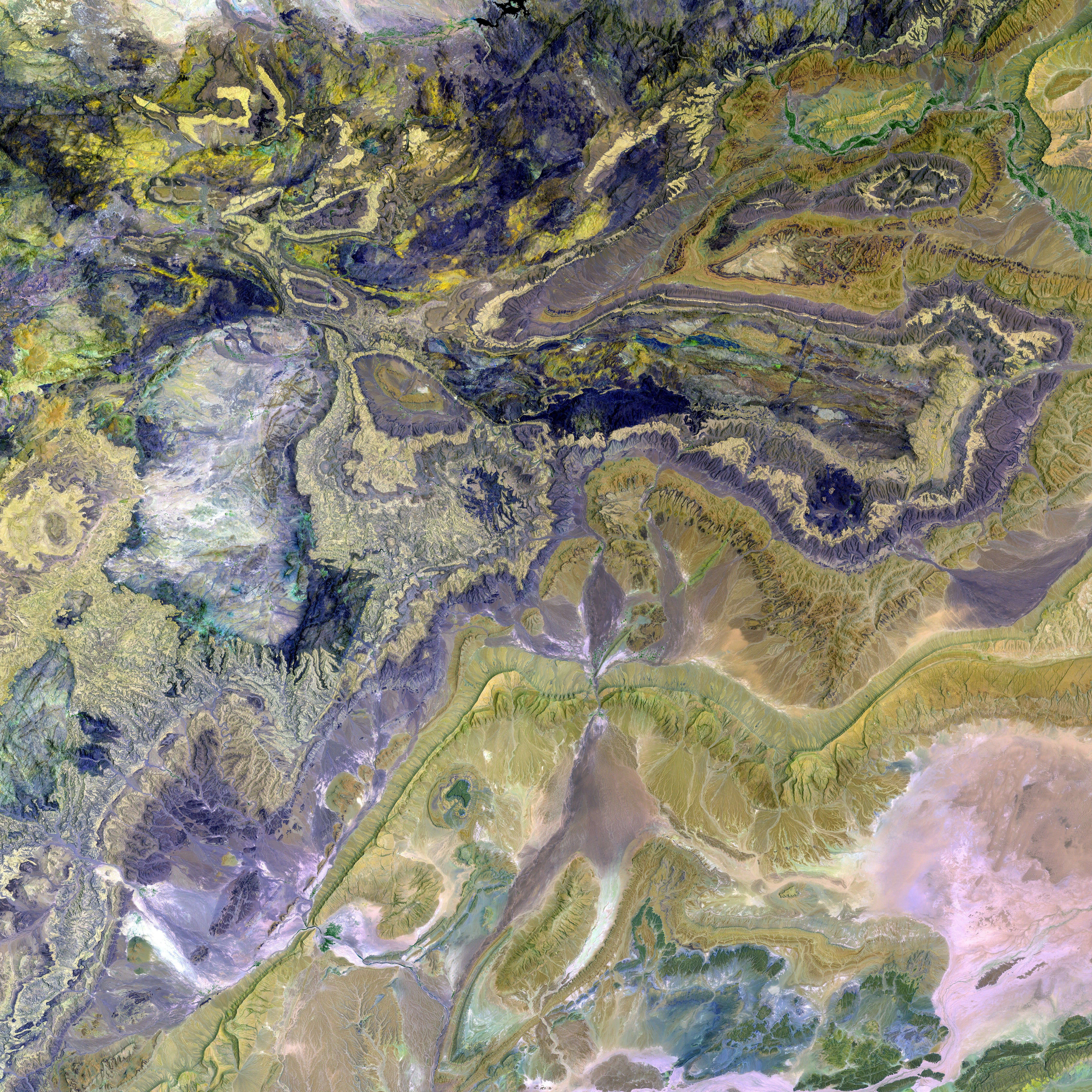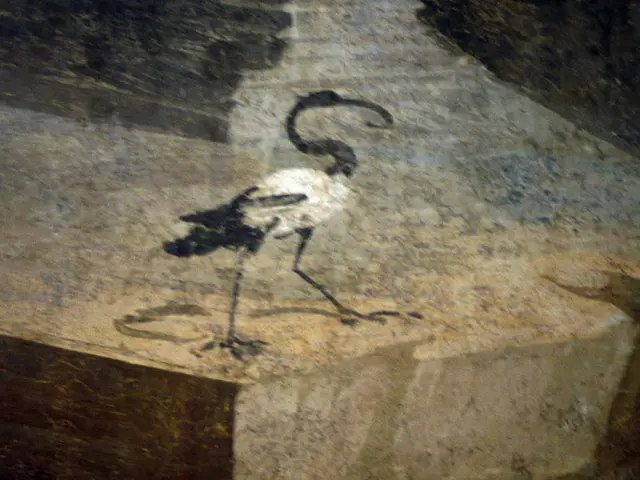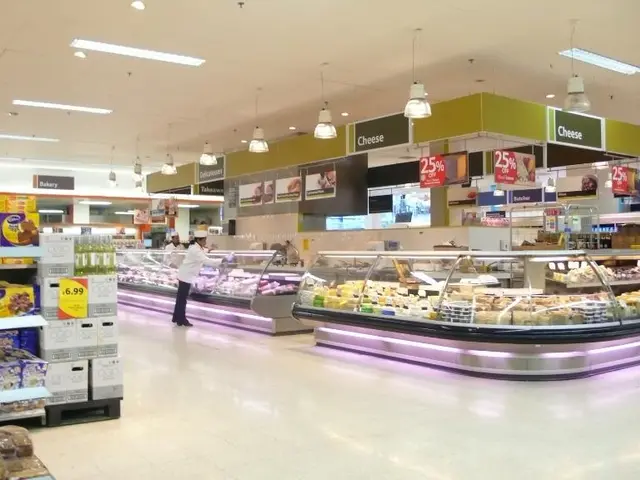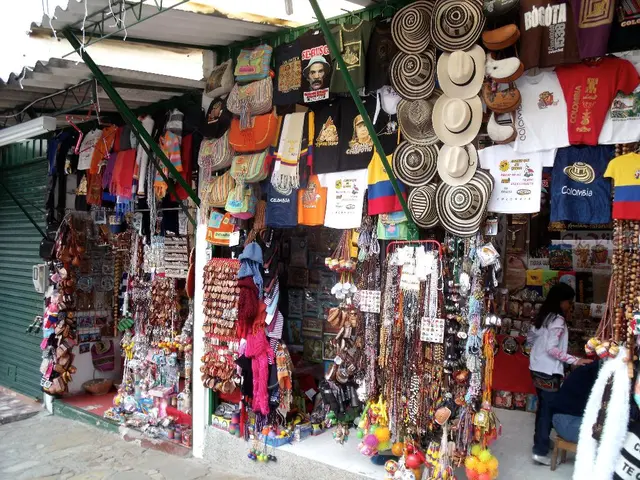Syrian Economic Renewal: Dream or Reality?
Investor enthusiasm surges over Trump's Syrian policy decision
The economic landscape of war-torn Syria might be seeing a ray of hope with the unexpected decisions of U.S. President Trump in lifting sanctions against the country, stirring up excitement among investors in the region.
Insight: Syria's economy, devastated by a decade-long civil war, has drastically plummeted with its GDP diminished by over 83% since 2010, according to the World Bank's data[3]. More than 90% of the population is currently living below the poverty line, with extensive infrastructure damage[3].
The whimsical twirl of events has put investors in a gold rush state of mind. Wealthy Syrian exiles and businesses from neighboring countries anticipate a boom in the reconstruction of the devastated country. Syrian Minister of Finance Yisr Barnieh expressed enthusiasm in an interview with Reuters, inviting all investors to seize the opportunity[1]. Syrian entrepreneur Ghassan Aboud is among those ready to invest, eager to help the nation's recovery and anticipating profitable gains[1].
Lebanese businessman Imad Al-Khatib has been eagerly pushing his investment plans for Syria ever since the change of tact by U.S. President Donald Trump. He has already dispatched specialists to Damascus to prepare for the construction of a $200 million waste sorting plant, with plans for more to follow[1]. Interested parties from the United Arab Emirates, Kuwait, and Saudi Arabia have already reached out[1].
Turkish companies stand to benefit from multi-billion dollar contracts as well, with the second-largest Turkish business bank, Garanti BBVA, prepared to lend a hand. Onur Genc, the bank's CEO, stated that the lifting of sanctions enables Turkish banks to finance businesses more effectively in Syria[2].
Prospects for Growth or Pitfalls Ahead?
While the lifting of sanctions provides a promising stepping stone for Syria's reintegration into Gulf states, international financial organizations, and the return of the Syrian diaspora, it also presents significant challenges. Political instability and infrastructure rebuilding are formidable barriers to overcome[4].
The new Syrian government's shift to a free market economy could potentially stimulate economic growth by reducing corruption, as suggested by the ongoing plans of business leaders like Ghassan Aboud[4]. However, continued violence, infighting, and ethnic tension pose severe threats, endangering Syria's faltering peace and progress[6].
The potential lifting of sanctions on Syria could trigger a surge in investment policies, particularly in community policy, as wealthy exiles and businesses express interest in financing reconstruction, inviting deeper engagement from international financial organizations and the return of the Syrian diaspora. However, these moves could face significant challenges, such as ongoing political instability and infrastructure rebuilding, which could further perpetuate violence, infighting, and ethnic tension, jeopardizing Syria's fragile peace and economic growth. The financial sector, including banks from Turkey, UAE, Kuwait, and Saudi Arabia, see opportunities for collaboration, but whether these policies serve as a stepping stone towards Syrian economic renewal or a catalyst for pitfalls ahead remains uncertain.




